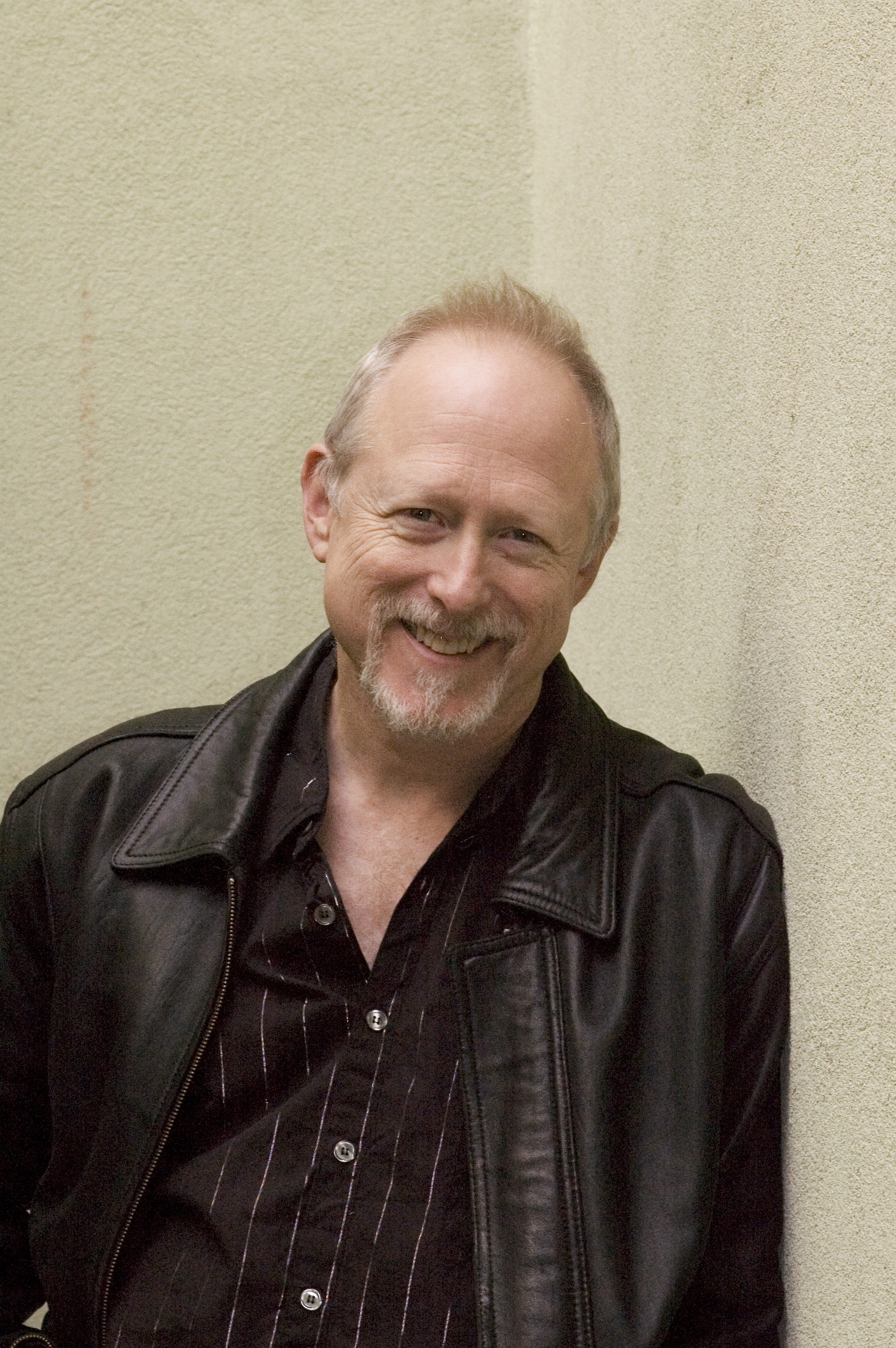Every few years, in regular cycles, we’re reminded of the power of genre fiction. The success of Star Wars made sci-fi a mainstream phenomenon in the ’70s. Once dismissed as Beowulf-lite, the Lord of the Rings cycle became a paperback bestseller in the ’60s, then the movies created an even bigger readership. Harry Potter made the jump out of the juvenile aisles of the bookstore; and, more recently, the Hunger Games and Twilight adaptations have proven the power of the YA category.
Then there’s the current HBO hit Game of Thrones, a very adult-oriented show based on the fantasy series A Song of Ice and Fire by George R.R. Martin. Suddenly a pop-culture figure after decades toiling in TV, sci-fi, and fantasy writing, Martin visited Seattle two summers ago for a sold-out reading at Town Hall. What fans of the show and his books may not have noted, however, was that Martin was also here to teach a writing class at the Clarion West Writers Workshop, which has been bringing such noted authors to Seattle for the past 30 years. (Neil Gaiman, Ursula K. Le Guin, and Chuck Palahniuk are other past prominent visiting instructors; the late Octavia Butler liked Seattle so much that she moved here.)
This July is no different. Out-of-town scribes drop in to teach writing students in one-week shifts, then do a Tuesday-night reading at University Book Store. These events are typically well-attended, which speaks to the enduring popularity of sci-fi and fantasy in the Northwest (more on that below); also, many past Clarion students have settled in Seattle, so each summer’s residency program is something like a homecoming.
But, for those of us outside the “speculative fiction,” community, we might well ask, What is Clarion West?
“The organization has an interesting history. It was first started by female writers at a time when not a lot of women were writing sci-fi.”
Before her hiring nine months ago, “I’d never heard of it,” says executive director Caroline Bobanick. That’s because if you’re not already a fan, the sci-fi/fantasy community is a somewhat closed, hermetic world (especially before the Internet). What she learned was that Clarion actually dates back to 1968, when it was founded by Robin Scott Wilson at Pennsylvania’s Clarion State College. One of the students attending, Vonda N. McIntyre, came to Seattle and established Clarion West in 1971–73. A student from ’73, J.T. Stewart, then relaunched Clarion West in 1984 (with Marilyn J. Holt), and it’s been running continuously ever since. “We just celebrated our 30th anniversary,” says Bobanick. “What a lot of people don’t realize is that there’s this tiny little local organization and it’s known internationally. It’s like Pilchuck.”
Bobanick continues, “The organization has an interesting history. It was first started by female writers at a time when not a lot of women were writing sci-fi. It’s very focused on diversity. Historically this has been a male-dominated field and a white-male-dominated field. We try to recruit an equal ratio of male and female students.” (Tuition runs $3,600, with some scholarship money available.)
Neile Graham was once a Clarion West student (in ’96) escaping poetry-land and her MFA; today she runs the summer workshop, which goes something like this. Eighteen students are accepted from 100-plus applicants from the U.S., Canada, the UK, and countries as disparate as Nigeria, Brazil, and Malaysia. They live together in a rented UW sorority house, take classes daily, write a short story a week (in English), and critique one another’s work. (The instructors lodge nearby and keep office hours.)
“It’s really intense because of the schedule,” says Graham. “You are taken out of your day-to-day life, and writing becomes your main vocation.” Also, the 18 students are forced into sudden community, like college freshmen. “They’ve seen the same shows and read the same books,” but they’re also still strangers, Graham notes. “Usually we have two or three locals, as well as international students.”
Why, besides the draw of Clarion West, is there such a concentration of fantasy and sci-fi readers and writers in the Pacific Northwest? “It’s a wonderful mystery. I wish I knew why,” says Graham. “A lot of our grads end up here. There’s a big fan community as well. It has become a place where people feel welcome.” Besides McIntyre and Butler, she cites local authors including Greg Bear, Terry Brooks, Neal Stephenson, and Matt Ruff—many of whom have taught at or done drop-by lectures at Clarion West.
(Here I’ll advance my own theory about our D&D-playing, sci-fi/fantasy-reading demographic hotspot: It’s partly the weather, which forces people indoors to read. Romance and mysteries are two other categories that do well in the Northwest. But I also point to Boeing, and later Microsoft and Amazon. The postwar years drew many engineers, and their bookish sons and daughters, to the region; and our booming software/tech industry likewise skews readers toward the nerd side of the bookstore.)
And, related to that pet theory, when did the old sci-fi and fantasy categories get umbrellaed under the catchall of “speculative fiction?”
“ ‘Speculative fiction’ is just more inclusive,” says Bobanick. Besides sci-fi and fantasy, “it also includes magical fiction and horror.” During the last decade, she particularly credits “the Harry Potter effect” for steering young writers into the magical realm.
Even so, “Most of our students are in the science-fiction and fantasy genres,” says Bobanick. “The focus of Clarion West is short stories. A lot of these writers will go on to publish in magazines like Asimov and Lightspeed.” And, no surprise given the success of Game of Thrones, “We’re thinking about adding screenwriting workshops.” Hollywood is certainly giving the sword-and-scepter genre a hard look; and one of McIntyre’s historical novels from the ’80s, The Moon and the Sun, has already been filmed, starring Pierce Brosnan as King Louis XIV, with a release date set for next year. Graham also mentions Clarion West grad Christopher Barzak, whose paranormal novel One for Sorrow has been adapted into the Liv Tyler-starring movie Jamie Marks Is Dead, which premiered at Sundance this year.
Reading next Tuesday will be Irish author Ian McDonald, whose YA adventure series Everness features both spaceships and dinosaurs.
UNIVERSITY BOOK STORE 4326 University Way N.E., 634-3400, bookstore.washington.edu and clarionwest.org. Free. 7 p.m. Tues. through July 29.
bmiller@seattleweekly.com






